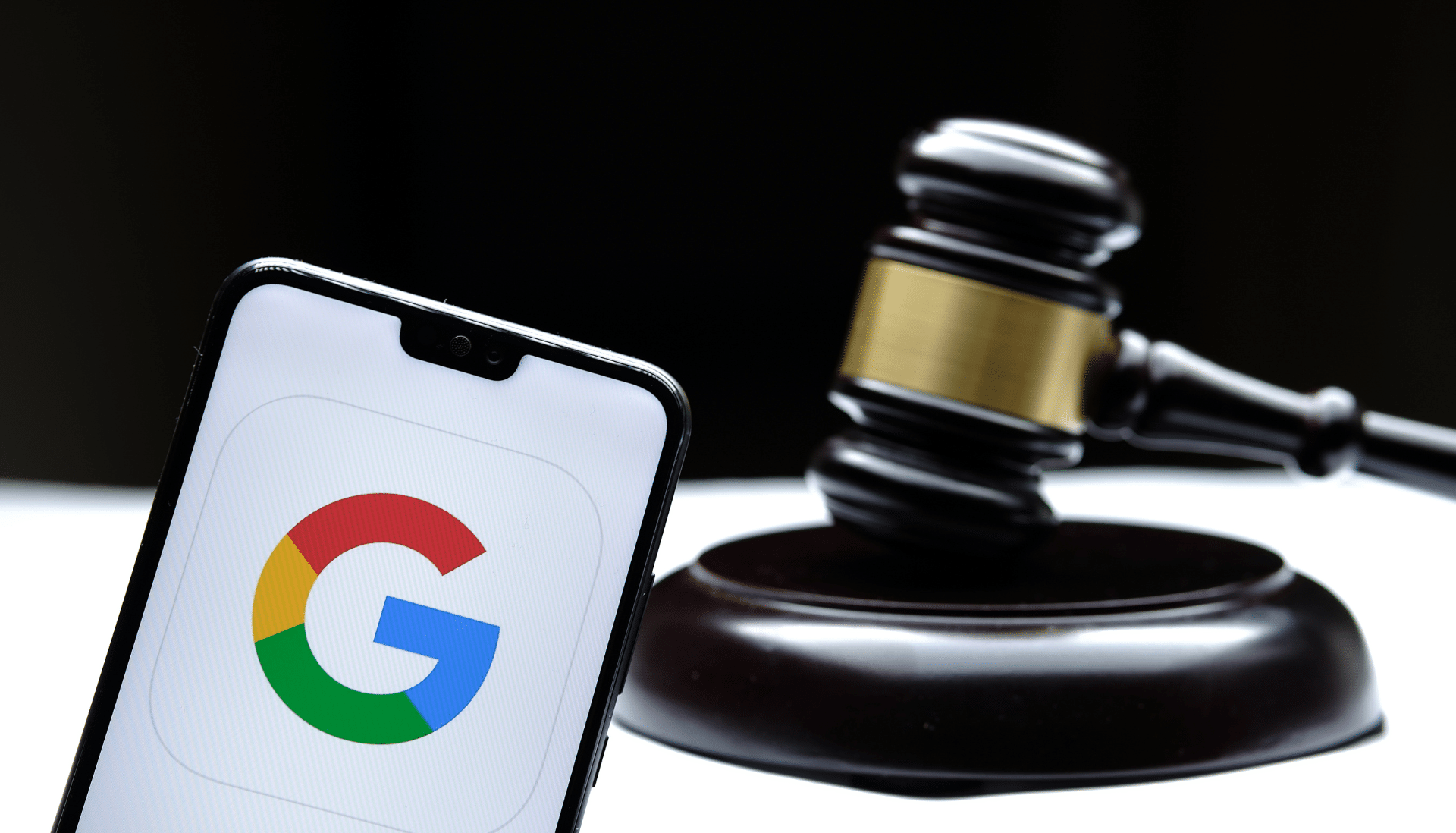Google’s legal problems appeared to worsen yesterday when the judge in the adtech antitrust trial sharply criticized the tech giant, signaling possible consequences for its business practices.
What happened: During pretrial hearings, Judge Leonie Brinkema sharply criticized Google for its handling of inside information, calling the company’s actions “absolutely inappropriate and inappropriate.”
The court singled out the so-called “Walker Memo,” containing what it called “incredible compelling evidence,” as proof of potential wrongdoing.
The “Walker Memo” refers to a 2008 memo written by Google’s chief legal officer, Kent Walker, that created a “communicate with caution” policy. That policy advised employees to place sensitive dispute-related chats in “history off” mode, automatically deleting chats within 24 hours, according to court documents.
The judge also condemned Google’s practice of automatically deleting chats, mockingly referred to by employees as “Vegas fashion,” implying that the company may have intentionally destroyed evidence.
Why we care. If Google is found to have engaged in anticompetitive practices, it could lead to significant changes in the digital advertising landscape. This could include changes to pricing and bidding models, and possibly increased competition from other platforms.
The big picture: This lawsuit, one of the most significant antitrust cases in decades, could reshape the landscape of the media and technology industries.
Get the research newsletter marketers rely on.
The judge’s remarks suggest that Google’s internal practices could heavily influence the outcome of the trial, with potential inferences drawn against the company as witnesses testify.
What to watch: With less than two weeks until the trial begins, Google faces increasing scrutiny. The judge’s knowledge of related antitrust rulings, including a recent adverse decision against Google, sets the stage for what could be a pivotal moment in the company’s legal battle.
Dig deeper.
United States against Google. This is Google’s second major antitrust lawsuit this year. Earlier this month, in the U.S. antitrust lawsuit against Google, a federal judge ruled that Google illegally monopolized the search and search advertising markets, including paying $20 billion a year for default search status. on iPhones.

